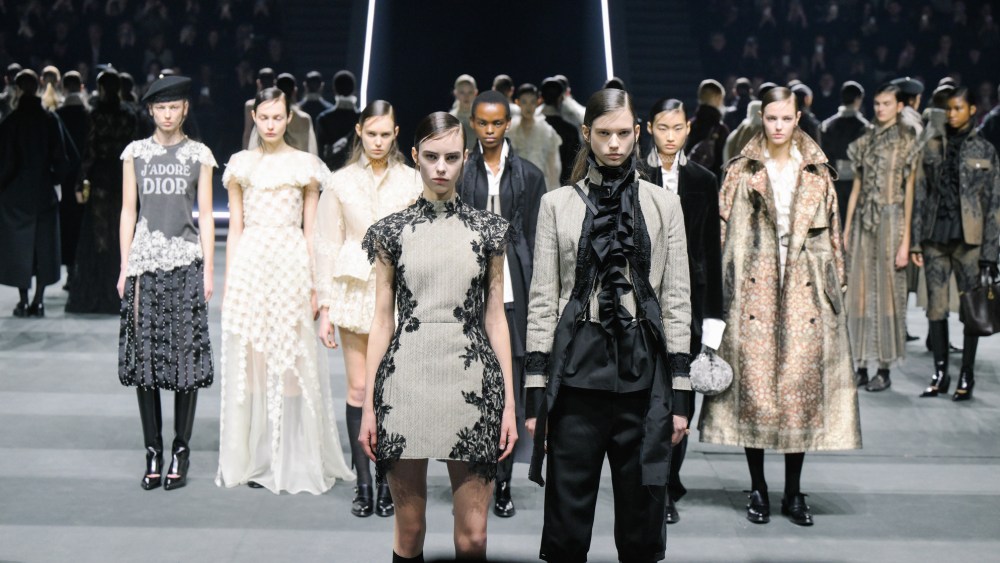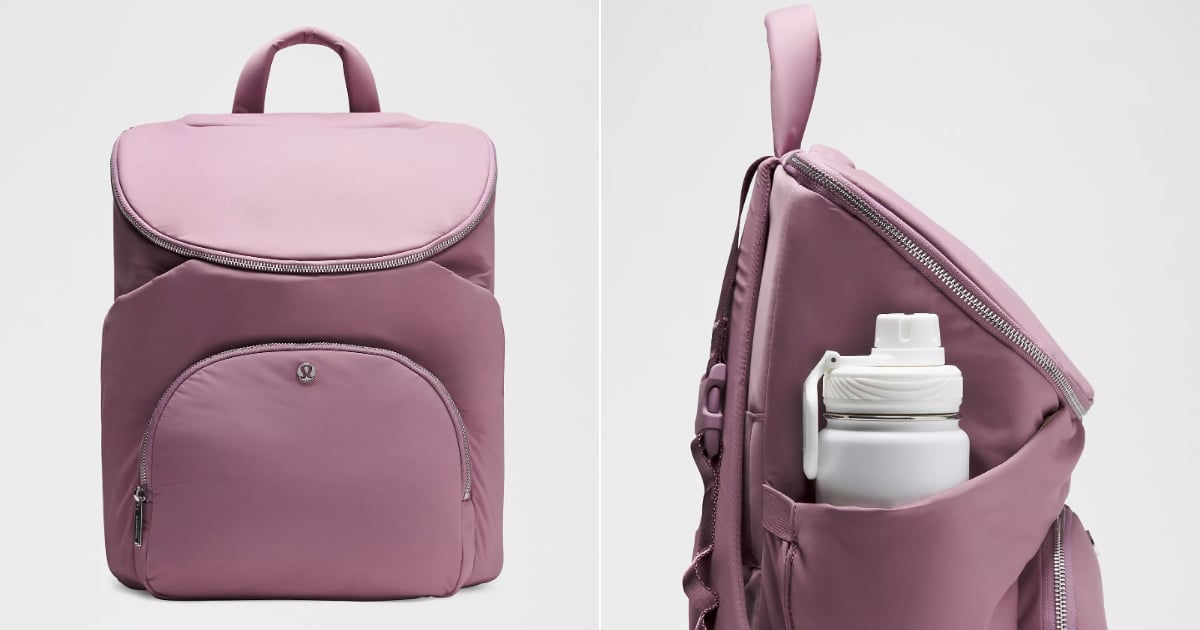It’s been a bruising earnings season for the luxury sector, with LVMH Moët Hennessy Louis Vuitton, Kering and Hermès International all missing consensus revenue expectations for the first quarter of the year.
Over the past week, equity analysts at HSBC, TD Cowen and Barclays downgraded LVMH from buy to hold, citing incremental headwinds due to falling consumer sentiment, wealth destruction, an unfavorable exchange rate environment, and particular challenges in China and the U.S., currently embroiled in a trade war.
“Because of the U.S. tariff news flow — weaker GDP growth forecasts, risk of recession in the U.S. from Q3, weaker consumer sentiment — we think the sector’s earnings recovery story, which we expected in H2 of 2025, could be pushed back to a later time frame,” Barclays analyst Carole Madjo wrote in a research note Friday. “The downgrade cycle is thus not over in luxury and, as such, we maintain our neutral view on the industry.”
You May Also Like
Barclays downgraded LVMH to equal weight from overweight, the same rating it has on Kering, Burberry, Ferragamo and Swatch. The bank has overweight ratings on Hermès and Richemont, which is scheduled to report its annual results on May 16.
It cut LVMH because of:
- The risk of deceleration in the U.S. market, a “main growth driver,” meaning its core fashion and leather goods division could stay in negative territory through 2025.
- Dior is among brands “under pressure” and a recovery “could now take even more time to materialize.” Fendi, Celine, Givenchy and Kenzo are also “seeing negative growth.”
- Given a slowing top line, earnings before interest and taxes margins in fashion and leather goods “may have not reached the bottom” in the second half of 2024.
- Other business divisions exposed to aspirational customers “could face more headwinds,” notably perfumes and cosmetics, and wines and spirits.
Moët Hennessy confirmed its intention “to adjust its organization and gradually return to its 2019 staffing levels, primarily by managing its natural turnover and not filling vacant positions.”
The downsizing was first reported by the Financial Times. It is understood Moët Hennessy’s business, hit by weak demand for cognac in China and the U.S., is now at pre-pandemic levels, when it had 8,200 employees versus the 9,400 employees it had at the end of 2024.
Barclays acknowledged the historic resilience of luxury goods versus other sectors, given its reliance on high-end consumers, but argued that “compared to previous macro slowdowns…all the key markets, including China, are facing some macro pressure, so it is harder to find a region to offset these headwinds.”
Last week, HSBC also downgraded Moncler to hold from buy, arguing “the group won’t be totally immune to deteriorating consumer confidence or impaired equity market performance, which is likely to impact demand for luxury products.”

Regarding LVMH, luxury analyst Erwan Rambourg noted the bank is “optimistic on the future of the fashion and leather goods division…but sees no growth there before 2026.”
HSBC remains downbeat about Dior, which has been under pressure.
“Greed-flation and lack of creativity there have hit, but we believe the brand could recover with H2 2025 being flattish and 2026 growing again,” he wrote. “Meanwhile, Louis Vuitton could theoretically benefit from its leadership position — buy less, buy better — but will realistically suffer from its greater exposure to aspirational consumers, which isn’t helpful.”
He also noted LVMH’s best-performing brands in fashion and leather goods — Rimowa, Loewe and Loro Piana — “are now lapping tough comps and some changes: travel slowing for the first, senior personnel changes for the other two,” referring to new creative directors at Loewe (Lazaro Hernandez and Jack McCollough, previously with Proenza Schouler) and a new chief executive officer at Loro Piana, where Frédéric Arnault starts on June 10.
Oliver Chen at TD Cowen flagged macro pressures in China and the U.S. putting pressure on LVMH’s linchpin fashion and leather goods division, which is responsible for roughly three-quarters of group EBIT.
“Weaker discretionary spending trends, middle- and upper-income customer exposure, recession risk and soft luxury exposure could drive negative volume trends,” Chen warned.



